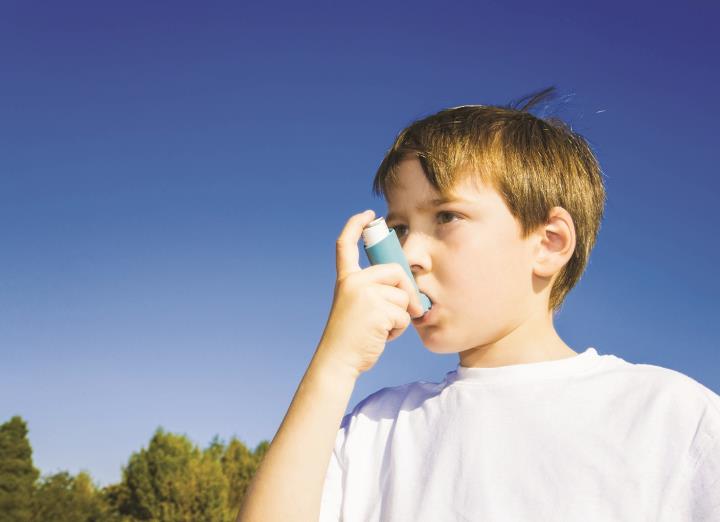Apr 30, 2025

Healthgrades says about 25 million Americans live with asthma, which is a medical condition that causes airways to swell and tighten, making breathing difficult. Those with asthma may face a few extra challenges when enjoying the outdoors or exercising outside, but they don't have to hibernate in their homes - even if they have a severe form of the condition. Here are some pointers for enjoying the outdoors after an asthma diagnosis.
· Know your triggers. Asthma can be triggered by different factors. This can include smoke, air pollution, strong odors, pollen, and even dramatic shifts in weather. Asthma sufferers need to identify what might trigger an attack and then assess the situation to mitigate the risk.
· Take it slow. A sudden shift in air temperature can trigger an asthma attack. Even leaving an air-conditioned home and going outside to the hot outdoors can trigger an attack. Gradually moving from different climates can help ease the lungs into the new environment. Always take it slow when planning to exercise outdoors, gradually acclimating the body.
· Take medication as directed. It's important for those with asthma to take controller medication as prescribed, as that can have a huge impact on long-term asthma control, says Asthma Canada. Medication can reduce the severity of reactions to triggers. In addition, one should keep a rescue inhaler nearby at all times, especially during allergy season.
· Check pollen counts. Use reliable sources to check pollen levels and other allergens. Those who are triggered by these allergens might want to reconsider spending a lot of time outdoors until counts are lower. Pollen levels typically are at their highest between 5 a.m. and 10 a.m. Wearing a face covering also may help.
· Bring a buddy along. Having someone available to call for help should an asthma attack occur is essential. Asthma sufferers can have an asthma action plan in place, and the buddy will know what to do and who to call in the event of an emergency.
Asthma affects millions of people, but it doesn't have to impede on individuals' ability to enjoy the great outdoors.








